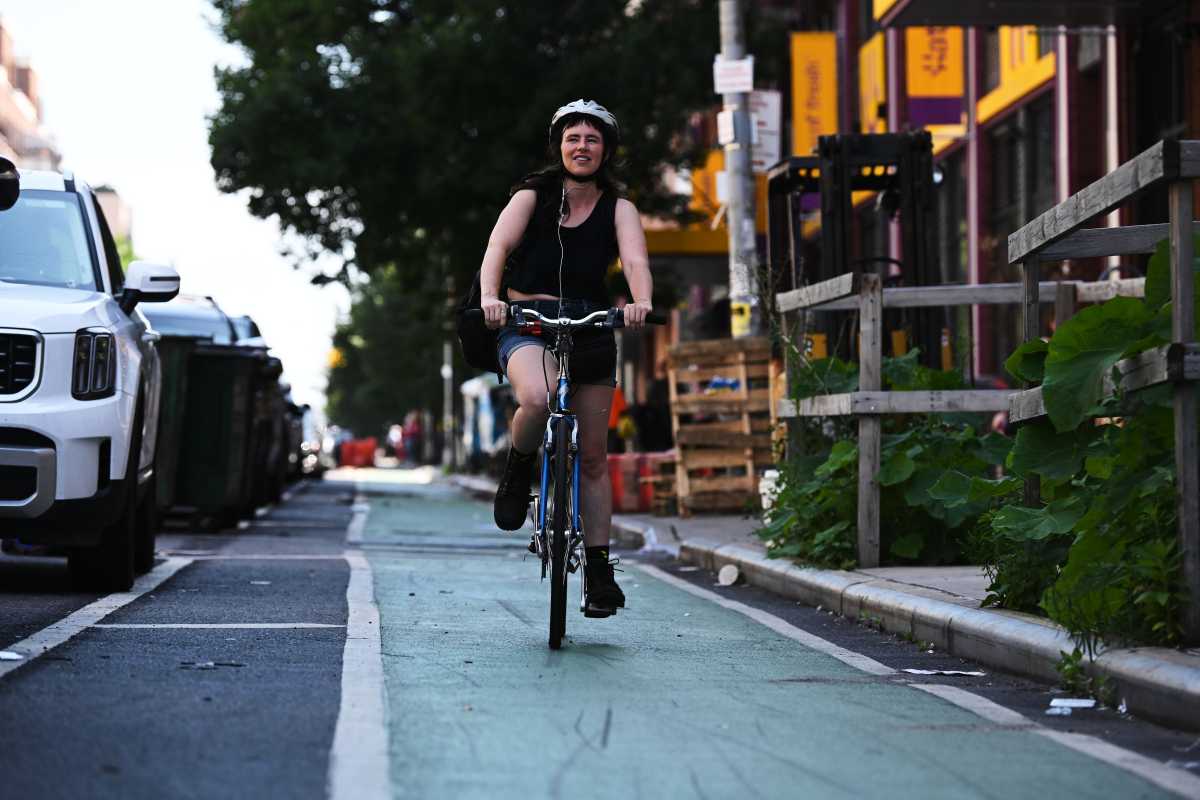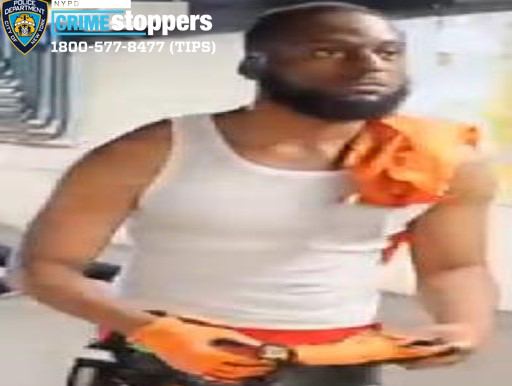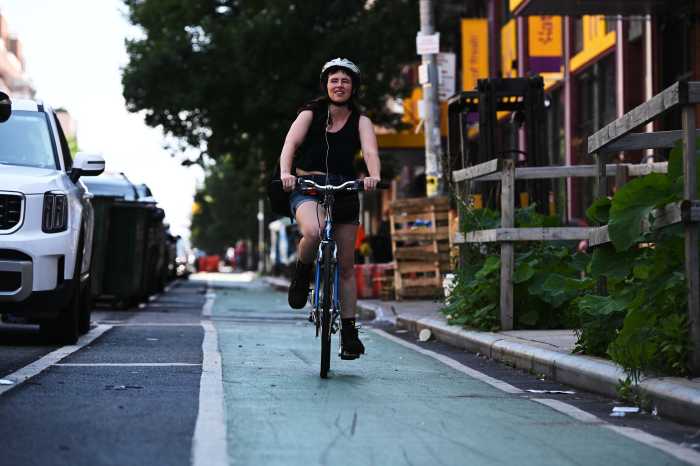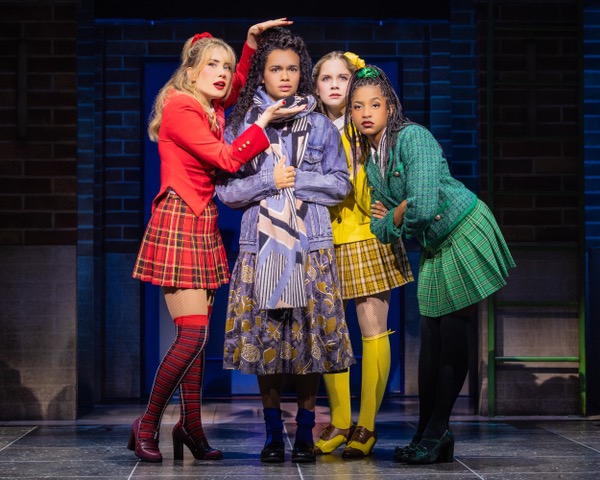Hundreds of doctors and medical students donned white coats and rallied Saturday at the March for Our Lives, walking for their patients’ well-being.
Advocating for more research on gun violence, the medical professionals seek to reduce the physical and mental trauma caused by gun violence. They held up signs that read, “White Coats against Gun Violence” and “M.D.s against W.M.D.s” while chanting, “Keep kids safe” through the streets of Manhattan.
“We are here to protect our children. We have all sorts of preventative measures, like car seats and bike helmets,” Dr. Joan Bregstein, who works in pediatric emergency medicine, said. “Why can’t we do that with guns?”
Bregstein has treated several children with gun wounds, mostly from drive-by shootings, she said while marching past Columbus Circle.
“It’s very hard as a physician when you treat these kids to not cry,” she said.
There is a ripple effect on patients, according to Bonnie Bentson, a medical student at the Donald and Barbara Zucker School of Medicine at Hofstra University.
“Often in psych rotation, there were patients who had family and friends who died of suicide by guns,” she said. “And that was a big reason for why they were later hospitalized. It affects the loved ones for years.”
Doctors need legislation that will fund gun violence research, which will in turn reduce the number of guns and bullets available to citizens, according to Dr. Steve Auerbach, a pediatrician in Manhattan.
“Our model is prevention. We do the research and we prevent the disease,” he said. “Congress needs to let us.”
A chilling effect has been imposed on the Centers for Disease Control and Prevention’s efforts to research gun violence, Dr. Nina Agrawal, a NYC-based pediatrician, said. A lack of funds has made it impossible for them to research and highlight the detrimental effects of gun violence, she added.
Doctors already are doing their best to prevent deaths, said Michael Luke, third-year medical student at the Donald and Barbara Zucker School of Medicine.
“We work hours and hours, days and nights to help patients deal with their medical conditions,” he said. “It is disheartening to see patients come in with injuries from human-against-human violence.
“It’s emotionally all-encompassing.”




























